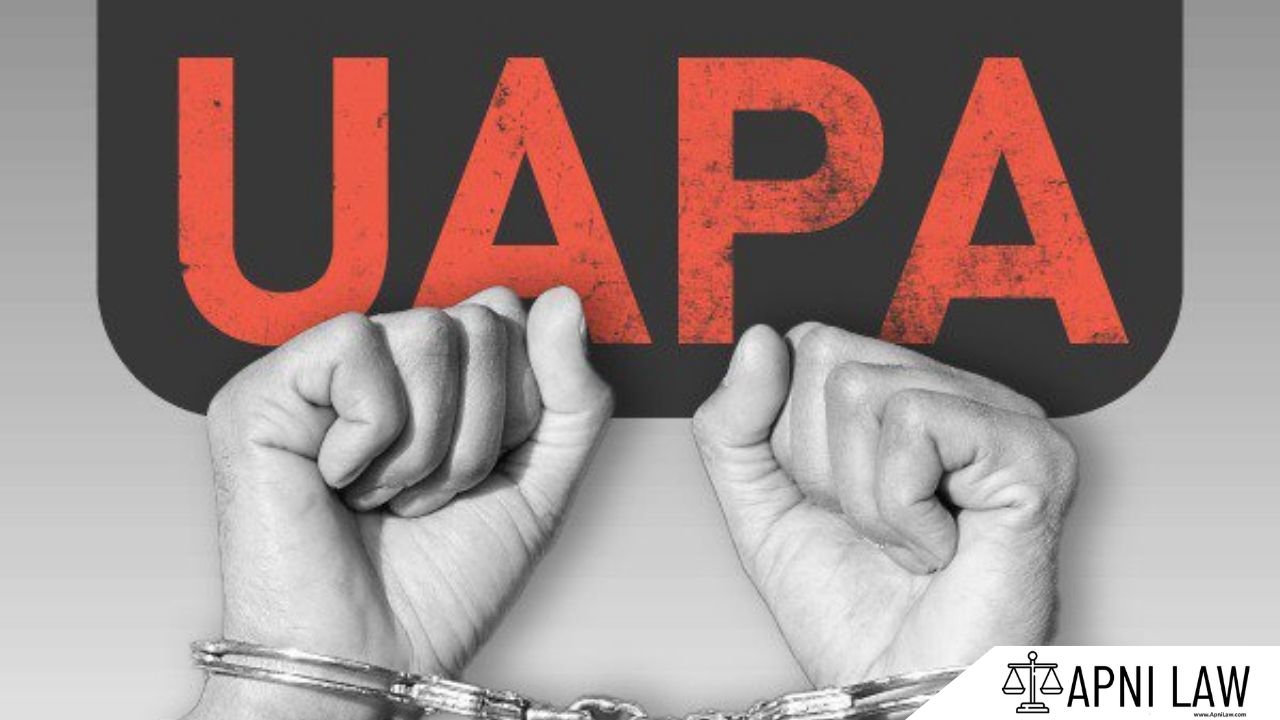The Supreme Court has permitted a challenge to UAPA sanctions, allowing individuals to contest their validity on specific legal grounds. The ruling stresses that any challenge to UAPA sanctions must be raised through early objections. This is to ensure a fair and timely review process.
The Unlawful Activities (Prevention) Act (UAPA) can be challenged on the grounds that the recommending authority either failed to apply its mind or did not review sufficient material. However, the Court stressed that accused individuals should ideally raise such objections at the earliest possible opportunity.
A bench comprising Justices C.T. Ravikumar and Sanjay Karol made these remarks while interpreting Section 45(2) of the UAPA. The Court emphasised that the UAPA does not have a provision similar to the Code of Criminal Procedure (CrPC). It also doesn’t have a similarity with the Prevention of Corruption (PC) Act, which can save an invalid sanction.
“The UAPA lacks provisions to save sanctions from being invalidated due to irregularities, unlike other laws such as the CrPC or the PC Act. This indicates that the Act’s inbuilt two-step review process is deemed sufficient by the legislature,” the Court observed.
Sanction Process Under Section 45 of UAPA
Under Section 45 of the UAPA, the sanction process involves two stages. First, an independent recommending authority, appointed by the Central or State Government, reviews the evidence and makes a recommendation for sanction. Following this, the government reviews the recommendation along with the investigation report before granting the sanction. Both the recommending authority and the government are given a strict timeline of seven working days to complete these steps.
The Court noted that while this dual review process aims to ensure the application of mind, once a sanction is deemed vitiated, it cannot be rescued by any provision under the UAPA. Despite the UAPA’s strict procedures, the Court clarified that accused individuals can challenge the validity of sanctions even at a later stage, provided they can substantiate their claims with evidence.
Grounds For UAPA Sanctions
The Supreme Court outlined three primary grounds on which UAPA sanctions can be challenged: (1) all relevant material was not placed before the authority, (2) the authority did not properly apply its mind to the material, and (3) the material was insufficient. These grounds are illustrative and not exhaustive, the Court clarified.
The Court has also cautioned that such challenges should not be used as a tactic to delay valid prosecutions. The party contesting the sanction must present evidence supporting their claims, which would typically be done before the trial court.
In the case before the Court, which involved a UAPA prosecution with 113 out of 125 witnesses already examined, the justices refrained from delving into the validity of the sanctions at this stage. However, they reiterated that challenges to sanctions should be raised early in the trial. This is to allow for proper adjudication by the trial court.
Comparison With CrPC and PC Act
Drawing comparisons with other legislations, the Court highlighted that the CrPC and the PC Act contain provisions that allow sanctions to be saved despite errors or irregularities. For instance, Section 465 of the CrPC provides for the saving of sanctions under Section 197. Additionally the PC Act contains similar provisions. However, no such saving clause exists under the UAPA.
The ruling underscores the critical need for timely and well-founded challenges to UAPA sanctions. This can done while reaffirming the procedural rigour intended by the Act.









